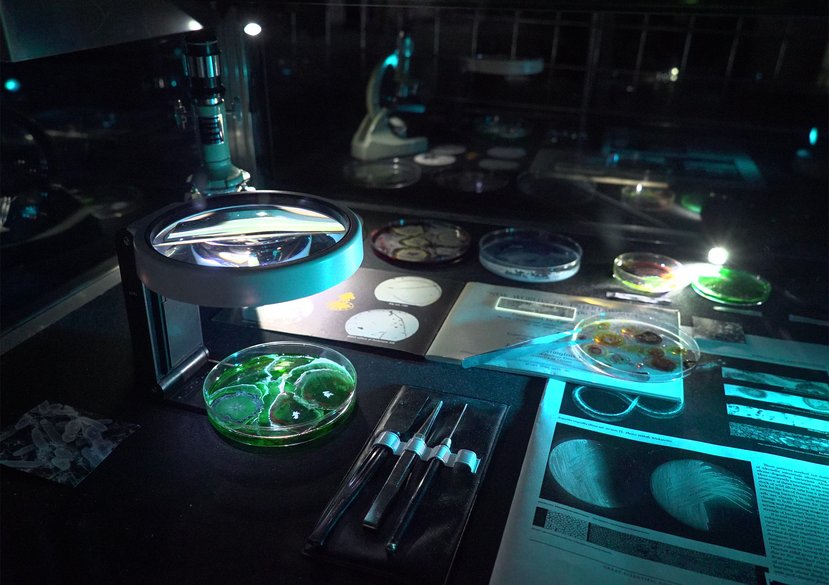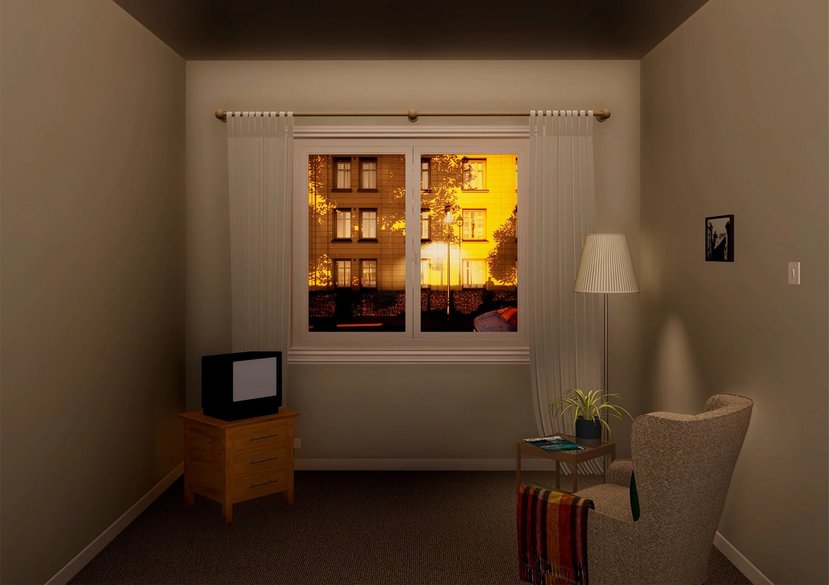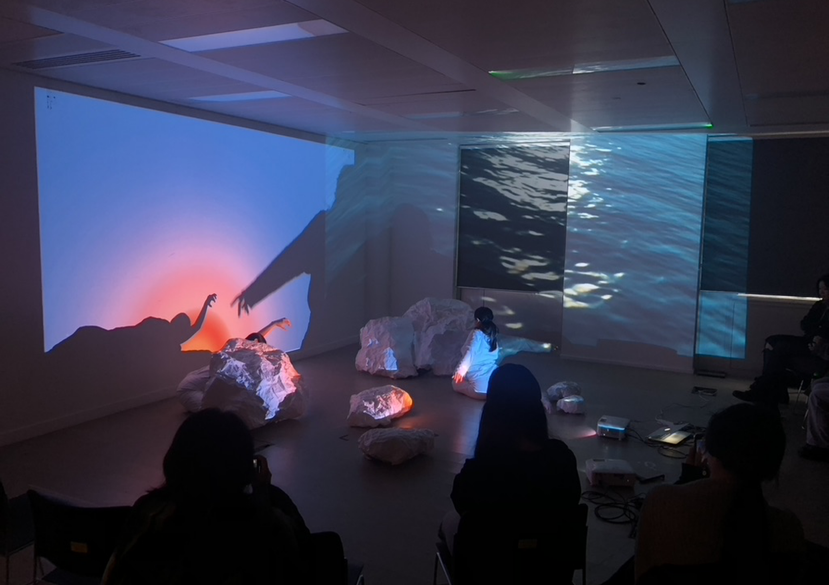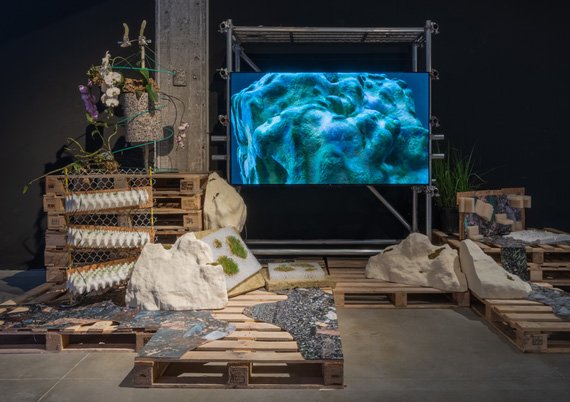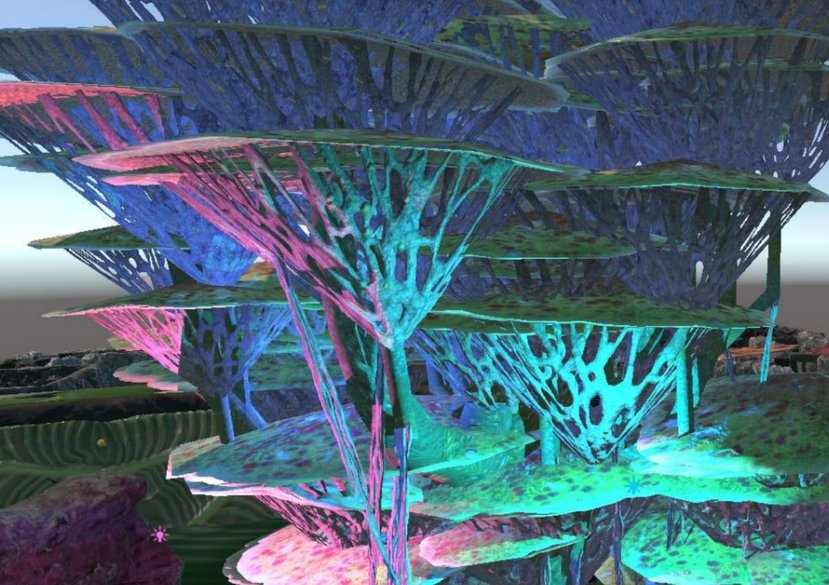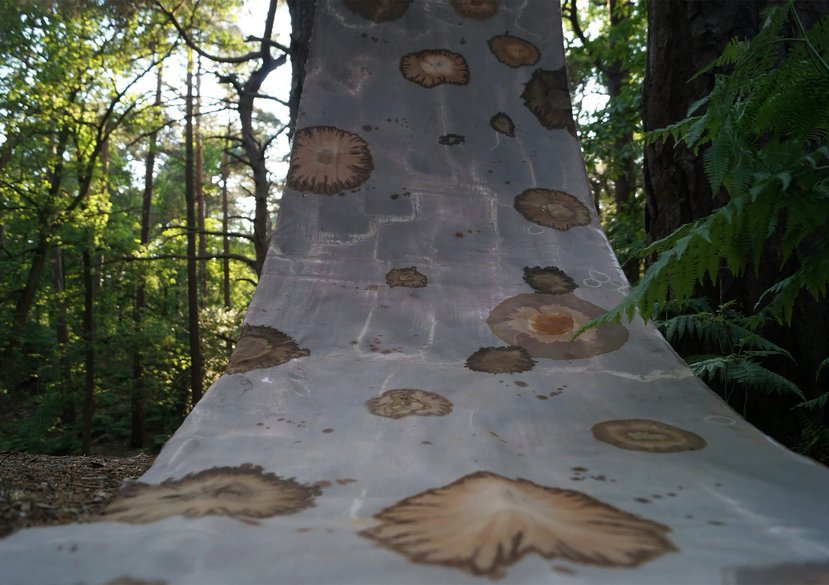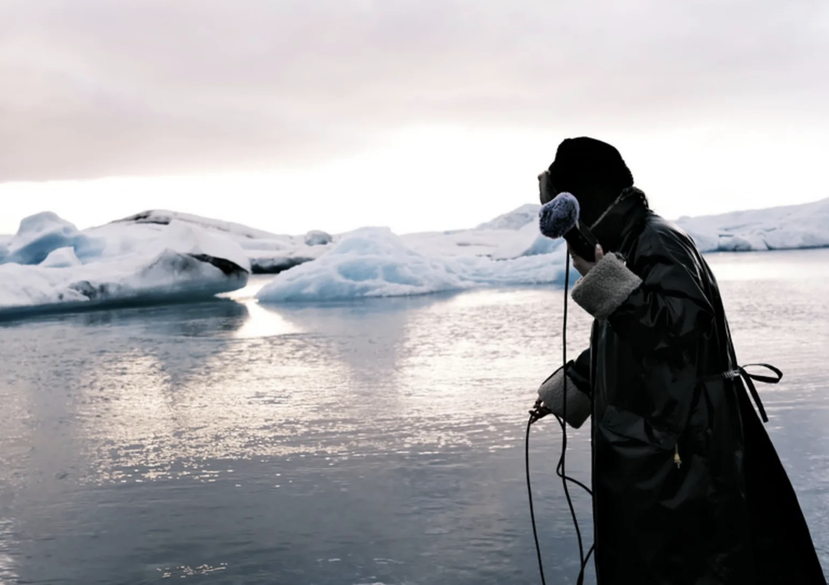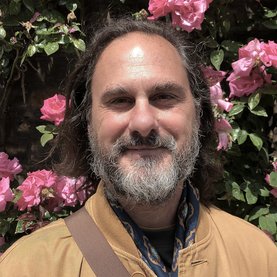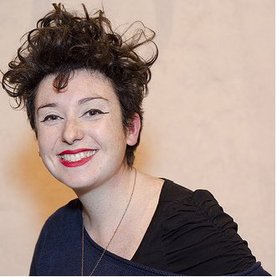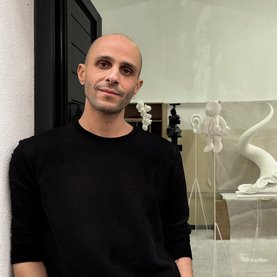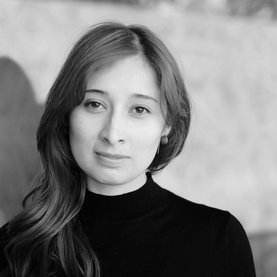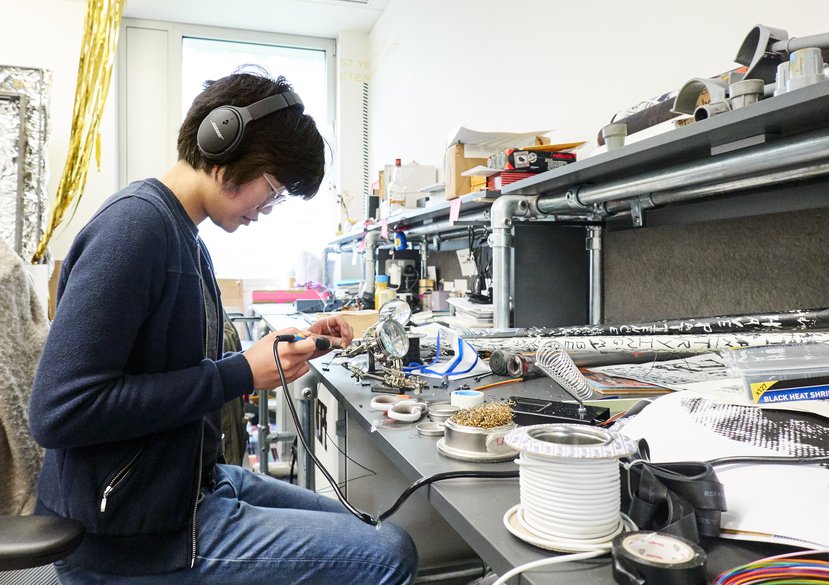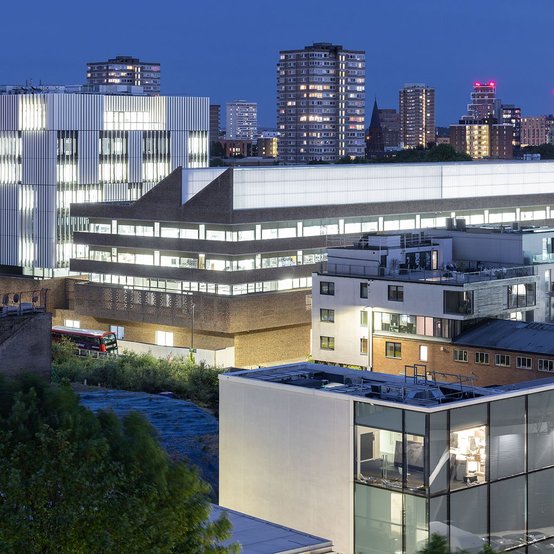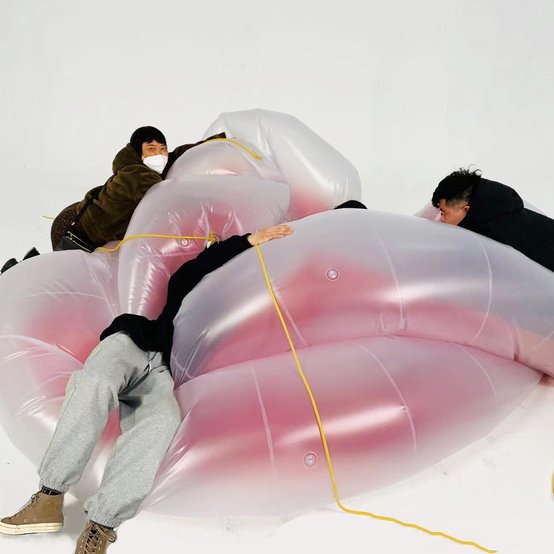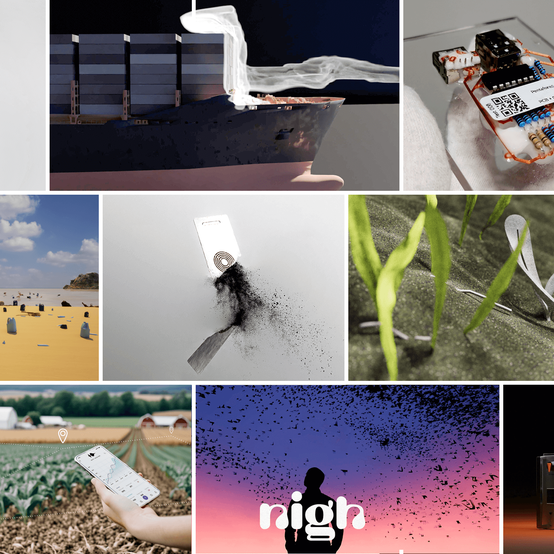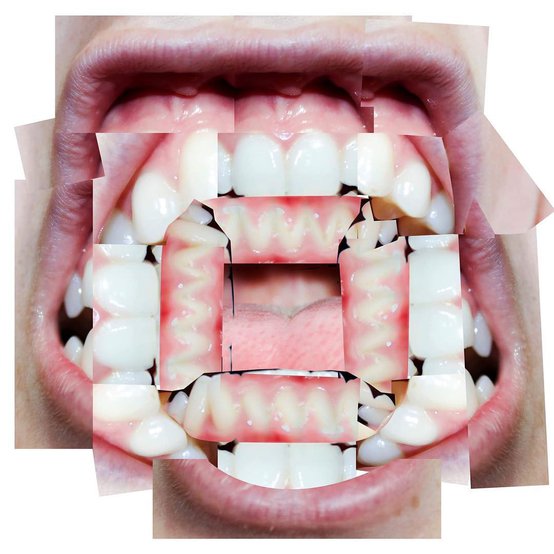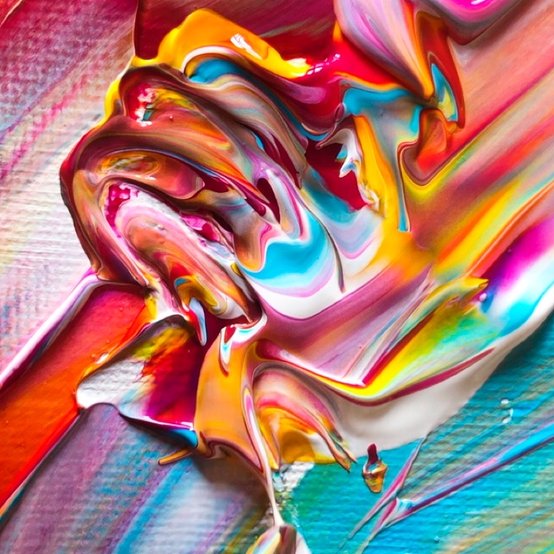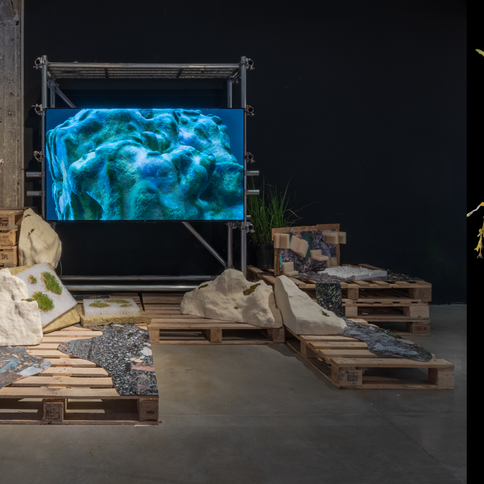
Overview
Create experiences that shape the future.
Key details
- 180 credits
- 1 year / 45 week programme
- Full-time study
School or Centre
Current location
- White City
Next open event
- 6 May 2025
- Join next Online Q&A Week
Round 2 application deadline
- 30 Jun 2025
- Still accepting applications
Career opportunities
- IED graduates are skilled in developing careers bespoke to them, and rarely follow a standard career pathway. They go on to work as curators, artists, designers and art directors, to launch their own studios and production companies, to write books and run start-ups. Most work fluidly across art, design and research, in a variety of combinations.
Boundary-breaking art and design to shape the future.
- Study a unique programme that encourages you to integrate methods from fields beyond art and design with tested fine art and speculative design practices
- Benefit from our unique and experimental teaching approach, informed by leading practitioners and researchers in immersive and experimental design
- Build a practice that can translate computational and living systems into meaningful and beautiful experiences and artworks
Information and systems only become meaningful through experience. Join us to transform the way people understand the complexity of our world and how they engage with it.
We provide a space to push the boundaries of what is possible. Our community of artists and designers is interested in shaping the future of not just art and design, but the way people think and live.
Our teaching is cutting-edge, and the programme content is designed to challenge. You’ll engage deeply with society and the environment, integrating experimentation with activism and empathy.
Diverse range of directions
IED projects go beyond the personal to embrace collective, trans-individual, and more-than-human perspectives. You might design a light installation in a forest, a global museum, a podcast fiction, a breathing chair, a VR adventure in a microbiome, an emotionally responsive game for dogs, or a wearable that can sense deep time.
Past students have gone on to launch startups, games and design studios, develop commercial applications and work in the cultural and tech sectors. Many also work as practising visual and digital artists, or continue to pursue PhDs. Graduates of IED have in recent years secured honours including the prestigious Lumen Prize, a number of Bloomberg New Contemporaries, and one graduate even winning a Grammy.
Catch the replays from our latest online Open Day.
Gallery
Staff
Facilities
The School of Communication is currently located on our White City site.
View all facilitiesOur mixed-use studios encourage collaborative working, thought, awareness and action. In addition, you have access to craft and technical workshop areas and excellent technical support in the College.
Our alumni
Our alumni form an international network of creative individuals who have shaped and continue to shape the world. Click on each name to find out more.
Where will the RCA take you?More details on what you'll study.
Find out what you'll cover in this programme.
What you'll cover
What will I learn?
Through the programme, you will gain a working knowledge of experimental post-digital and cultural systems theory and practice, and its influence in society at a variety of scales, and from a variety of perspectives. You will use this context to build your own conceptual tools and framings, illustrate and test these tools through creative practice. You will continually refine your approach, and select technical skills to develop that suit the precise pieces and experiences you wish to create. This will allow you to generate a body of work that has conceptual depth as well as technical skill.
You will develop a rich transdisciplinary knowledge base, including language and terminologies for engaging with critical intellectual and practical discussions, leading-edge theory, and influential and foundational works in post-digital and systems theory and practice, with emphasis in a chosen area. Throughout the programme you will be discouraged from looking for a ‘correct’ way of thinking about or generating meaningful work, or of doing the programme, but rather you will be encouraged to cross boundaries and design your own way. Likewise, your intellectual work will not draw from textbook readings, as this programme does not have a disciplinary boundary. Instead, with the input from your tutors and Field Collective, groups formed from a community of peers linked by a common area of focus, you will select many of your core texts yourself, and you might draw on readings and approaches from games, interaction design, critical theory, anthropology, speculative design, posthumanities, philosophy, ecology, literary studies, environmental communication, and more. You will also be encouraged to engage with relevant contexts such as emergent technologies and platforms, media convergence, play, emerging forms of and views on intelligence, and experimentation in relation to social justice and change.
How will I learn?
Technical instruction in IED is based on a plan that you design and our technicians' support, so you leave the programme with a composite technical skill set generated by and unique to your body of work. You’ll have a core aim of experimenting with various methods and approaches that cross boundaries between digital and analogue toward composing a distinctive body of work that coheres by intention: what you aim to achieve in the world. You’ll be encouraged to work playfully, with experts guiding you as you stretch your abilities and explore the multisensory, material and immaterial, digital and analogue, and “high” and “low” art forms.
Programme structure
The programme is delivered across three terms and includes a combination of programme, School and College units.
Term 1
In Form & Method (45 credits), you will be immersed in foundational and state-of-the-art practice and theory in experience design and intervention, and you will launch into a series of experiments in rapid making. Experimentation in this unit should be bold and playful, with the guiding aim of building understanding of the affordances of many conceptual and technical tools and reflecting on outcomes. Alongside practical experiments, by the end of this unit you will have proposed your aims, and drafted your concept summary and technical summary. These three things constitute the key proposition of your degree: what you wish to study and hope to create, why this is worth doing, and how you will do it.
Across terms 1 and 2, you will participate in AcrossRCA (30 credits). This unit aims to support you to meet the challenges of a complex, uncertain and changing world by bringing you together to work collaboratively in cross-programme interdisciplinary teams. In your team you will develop a self- initiated themed project, informed by expertise within and beyond the College. These projects will challenge you to collectively use your intellect and imagination to address key cultural, social, environmental and economic challenges. In doing so, you will develop and reflect on the abilities required to translate knowledge into action, and help demonstrate the contribution that the creative arts can make to our understanding and experience of the world.
Term 2
In Situated Practice (30 credits), you will refine and develop your signature practice through more refined and focused making, whilst developing a more in-depth understanding of how it fits into the landscape of contemporary art. During this term you hone skills related to analysis, audience awareness and collaboration. Your focus in this unit will be experimentation that is more specific and directed than in the previous term, now adapting what you have learned from broad experimentation to develop your practice in intentional ways. Where Form & Method was outward-oriented, Situated Practice is more inward-focused, requiring you to apply continuous critical analysis to your processes, to evaluate them with the support of your tutors, and to refine your technical and conceptual approaches so that these taken together are stable, coherent, and distinctive.
The Making Worlds with Others (15 credits) School-wide unit will allow you to work alongside students within and across the School. Working from the perspective of your individual practices and disciplines, you will develop a project that engages with others and/or creates mutual exchanges of ideas and understandings, with the intention to create critically engaged situations and/or outcomes resulting in convivial knowledge exchange. Through collaborative learning and making the unit will support you in understanding knowledge exchange and public engagement and how you are to situate your own practice in these territories. The unit will also ask you to question how socially engaged practice can contribute to cultural understanding, co-researching and co-creating methods for knowing with, not knowing about.
Term 3
Your Independent Research Project (60 credits) will enable you to integrate your practice into a larger critical discourse, to reflect on its significance and to generate knowledge through a research piece and presentation. This unit challenges you to integrate your technical and conceptual processes into a single research project. It also requires you to reflect on the outcomes of your work in the first two terms, to trace its trajectory and consider the direction of your work in the future. Where earlier programme units focused on exploration and experimentation, this unit focuses on transformation: emphasising the wider relevance of your practice, drawing out its strengths, and exploring how it can generate evolution or revolution in the world.
This MA is delivered over 45 weeks.
AcrossRCA
AcrossRCA is a compulsory 30-credit unit which is delivered as part of all MA programmes.
Situated at the core of your RCA experience, this ambitious interdisciplinary College-wide unit supports you in responding to the challenges of complex, uncertain and changing physical and digital worlds. Developed in response to student feedback, AcrossRCA creates an exciting opportunity for you to collaborate meaningfully across programmes.
Challenging you to use your imagination and intellect to respond to urgent contemporary themes, this ambitious unit will provide you with the opportunity to:
- make connections across disciplines
- think critically about your creative practice
- develop creative networks within and beyond the College
- generate innovative responses to complex problems
- reflect on how to propose ideas for positive change in local and/or global contexts
AcrossRCA launches with a series of presentations and panel discussions from acclaimed speakers who will introduce the themes and act as inspirational starting points for your collaborative team response.
Delivered online and in-person across two terms, the unit has been designed to complement your disciplinary studies and to provide you with a platform to thrive beyond graduation.
Requirements
What you need to know before you apply
Candidates are selected entirely on merit and applications are welcomed from all over the world. The selection process will consider creativity, imagination and innovation as demonstrated in your portfolio, as well as your potential to benefit from the programme and to achieve high MA standards overall.
Students come from a wide range of backgrounds. While you may come directly from first-degree programmes across art and design, you may have also joined the programme with professional experience in industry, or from a background such as science, technology and the humanities.
What's needed from you
Portfolio requirements
Please upload a single portfolio PDF, including details on up to two projects you want us to see.
You may wish to comment on or explain the relationship between these projects in your video.
For any collaborative projects, which are welcome to be included, please comment in the video or the PDF on your individual contribution.
Personal statement
Please provide a 300-word written personal statement that addresses the following points:
- Introduce yourself, your interests and your motivations for applying to the Royal College of Art, and to this programme in particular.
- Briefly summarise any educational background and professional experience to date that will support your application.
- Tell us what you want to do in the future.
Video requirements
We ask that you upload a two-minute video recorded on your phone or laptop, speaking to us directly. High production qualities are not needed. We will review the work in your portfolio, so keep your video simple.
Tell us about you as a person and your approach to creative practice. We want to understand what it is you are interested in exploring and why.
We welcome unique experiences and backgrounds, and want to know how your experiences in life so far – including academic and professional, but not limited to these – have influenced your work.
In responding, it might be useful to think about what you have achieved up to now, and how you hope to develop this in the future.
We recommend referring to the projects you have documented as evidence of aspects of your interests and development.
English-language requirements
If you are not a national of a majority English-speaking country you will need the equivalent of an IELTS Academic or UKVI score of 6.5 with a 6.0 in the Test of Written English (TWE) and at least 5.5 in other skills. Students achieving a grade of at least 6.0, with a grade of 5.5 in the Test of Written English, may be eligible to take the College’s English for Academic Purposes course to enable them to reach the required standard.
You are exempt from this requirement if you have received a 2.1 degree or above from a university in a majority English-speaking nation within the last five years.
If you need a Student Visa to study at the RCA, you will also need to meet the Home Office’s minimum requirements for entry clearance.
Fees & funding
For this programme
Fees for new students
Fees for September 2025 entry on this programme are outlined below. From 2021 onward, EU students are classified as Overseas for tuition fee purposes.
Home
Overseas and EU
Deposit
New entrants to the College will be required to pay a non-refundable deposit in order to secure their place. This will be offset against the tuition fees.
Home
Overseas and EU
Progression discount
For alumni and students who have completed an RCA Graduate Diploma and progress onto an RCA MA programme, a progression discount of £1,000 is available.
* Total cost is based on the assumption that the programme is completed in the timeframe stated in the programme details. Additional study time may incur additional charges.
Scholarships
Scholarships
The RCA scholarship programme is growing, with hundreds of financial awards planned for the 2025/6 academic year.
For more information and examples of financial awards offered in 2024/25, visit the Scholarships & awards webpage.
You must hold an offer to study on an RCA programme in order to make a scholarship application in Spring 2025. A selection of RCA merit scholarships will also be awarded with programme offers.
We strongly recommend that you apply for your programme as early as possible to stand the best chance of receiving a scholarship. You do not apply directly for individual awards; instead, you will be invited to apply once you have received an offer.
More information
Additional fees
In addition to your programme fees, please be aware that you may incur other additional costs associated with your study during your time at RCA. Additional costs can include purchases and services (without limitation): costs related to the purchase of books, paints, textiles, wood, metal, plastics and/or other materials in connection with your programme, services related to the use of printing and photocopying, lasercutting, 3D printing and CNC. Costs related to attending compulsory field trips, joining student and sport societies, and your Convocation (graduation) ceremony.
If you wish to find out more about what type of additional costs you may incur while studying on your programme, please contact the Head of your Programme to discuss or ask at an online or in person Open Day.
We provide the RCASHOP online, and at our Kensington and Battersea Campuses – this is open to students and staff of the Royal College of Art only to provide paid for materials to support your studies.
We also provide support to our students who require financial assistance whilst studying, including a dedicated Materials Fund.
External funding
There are many funding sources, with some students securing scholarships and others saving money from working. It is impossible to list all the potential funding sources; however, the following information could be useful.
Payments
Tuition fees are due on the first day of the academic year and students are sent an invoice prior to beginning their studies. Payments can be made in advance, on registration or in two instalments.
Start your application
Change your life and be here in 2025. Applications now open.
The Royal College of Art welcomes applicants from all over the world.
Before you begin
Make sure you've read and understood the entrance requirements.
More information about entrance requirementsCheck you have all the information you need to apply. Choose the programme you want to apply to and review programme-specific entrance and portfolio requirements on the programme page.
Read our application process guideConsider attending an Open Day, or one of our portfolio or application advice sessions.
See upcoming sessionsPlease note, all applications must be submitted by 12 noon on the given deadline.
Ask a question
Get in touch if you’d like to find out more or have any questions.


